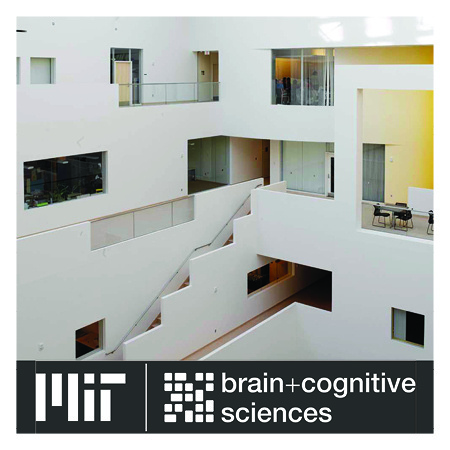
David Zhou Thesis Defense: Alpha thalamocortical networks during propofol general anesthesia and disorders of consciousness
Description
Join Zoom Meeting
https://mit.zoom.us/j/92014015297
Abstract: Alpha (8-12 Hz) rhythms are a fundamental feature of awake electroencephalography (EEG), thought to be generated by circuits connecting the cortex and thalamus. These rhythms provide a functional architecture for cortical activity underpinning cognitive and sensory processing. Attenuation of alpha power has been linked to clinical states of unconsciousness. General anesthesia and disorders of consciousness (DoC) offer experimentally-accessible conditions in which to study alpha disruptions using scalp and intracranial EEG recordings. To produce novel signatures of posterior alpha loss in DoC, we analyzed coherent networks in EEG of patients during recovery from DoC. To map thalamocortical networks involved in propofol-induced unconsciousness, we conducted coherence analysis of alpha networks in intracranial EEG recorded in patients with pharmacologically-refractory epilepsy and performed probabilistic tractography analysis of thalamocortical fibers in a matched cohort of healthy subjects. We found a posterior alpha network in recordings of clinical EEG and intracranial EEG that is lost during states of unconsciousness. We also found that propofol anesthesia induces alpha in medial regions of the frontal cortex and the medial temporal lobe after loss of consciousness. The cortical source of propofol-induced alpha is structurally connected to the mediodorsal nucleus of the anterior thalamus, whereas regions that generate waking alpha are connected to the pulvinar nucleus of the sensory thalamus. Our findings suggest that posterior alpha coherence is a unified signature of conscious brain states and that frontal alpha may contribute to cognitive impairment during anesthesia and sedation.
Thesis Supervisor: Emery N. Brown
Title: Edward Hood Taplin Professor of Medical Engineering and Professor of Computational Neuroscience, Massachusetts Institute of Technology, and Warren M. Zapol Professor of Anaesthesia, Harvard Medical School
Thesis Supervisor: Brian L. Edlow
Title: Associate Professor of Neurology, Harvard Medical School
Thesis Supervisor: Patrick L. Purdon
Title: Nathaniel M. Sims Endowed Chair in Anesthesia Innovation and Bioengineering, Massachusetts General Hospital, and Associate Professor of Anaesthesia, Harvard Medical School

